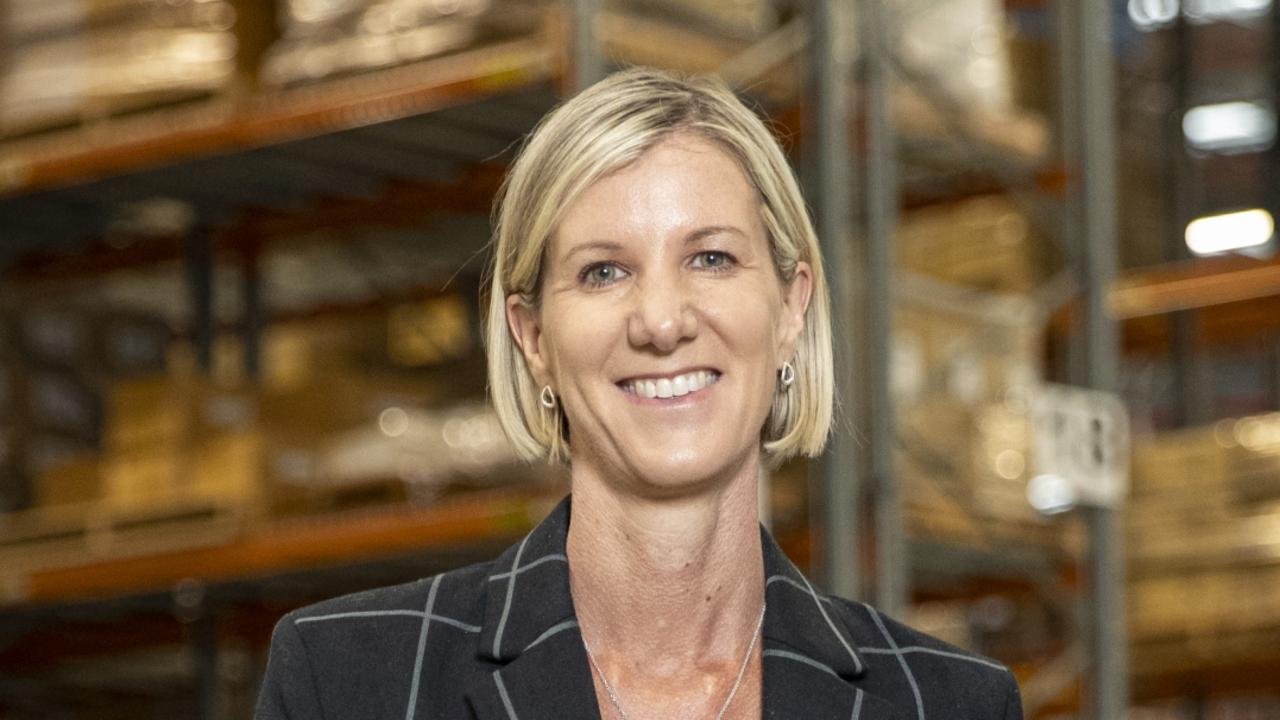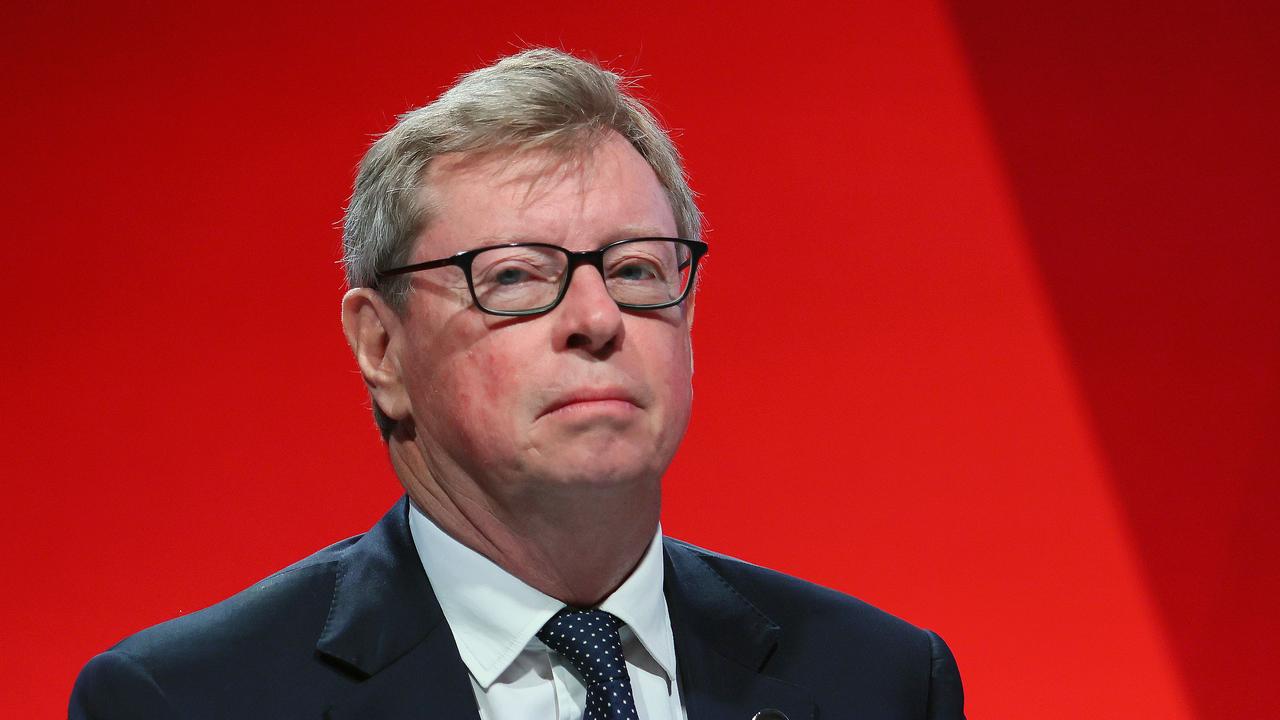Why Andrew Irvine's NAB is most at risk from the rise of Donald Trump
New NAB chief executive Andrew Irvine has seen the past benefits of a Trump bump, but this time the settings are much different.
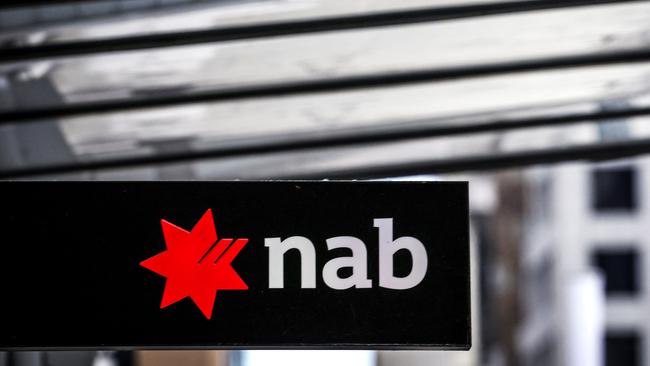
Business
Don't miss out on the headlines from Business. Followed categories will be added to My News.
National Australian Bank’s new chief executive, Andrew Irvine, was running business banking for Canada’s Bank of Montreal during the first Trump presidency.
This means many of Irvine’s Canadian customers were riding the surge in the US economy at the time, given the deep economic and trade ties between the two countries. Some 75 per cent of Canada’s exports go south of the border, so in short Donald Trump was good for Irvine’s bottom line.
This time it’s different. Irvine runs Australia’s second-biggest bank by market value and a bank that is most leveraged to Australia’s mid-market and private businesses, as well as agribusiness.

China represents Australia’s single biggest export market and is the top destination not only for resources, but agriculture and services. China and Trump’s relationship is about to get interesting for Australia.
The incoming US president’s promise to push ahead with a blitz of tariffs of between 10 per cent and 20 per cent on everything and slap China with 60 per cent on all goods will be bad for global trade, and ultimately this will trickle through to Irvine’s business customers in the form of slower spending, disruption or even cheaper imports flooding into Australia.
So too is the prospect of Trump’s policies driving up inflation that could be enough for central banks including Australia’s to rethink their path on interest rate cuts. RBA governor Michele Bullock noted her caution around the Trump tariff plan stoking inflation, but quickly added that it was too early to judge the implications on rates here.
NAB’s Irvine tells The Australian it’s also “a bit of a leap right now” to suggest that a Trump administration is going to affect Australian cash rates.
“We’re still of the view that rates here are going to fall in February or March, and what the RBA is looking at is domestic inflation and unemployment. And if inflation can come down a little bit, they’ll start the easing cycle,” Irvine says in an interview.
Still, if Trump moves ahead with his tariff plan, this could have “global ramifications and ramifications for Australia”, Irvine says.
Given its business exposure, NAB and cross-town rival ANZ are most at risk from trade disruption among the big four lenders, and this could be felt over the medium term.
Irvine was speaking after revealing an 8.1 per cent drop in NAB’s full-year cash profit to $7.1bn, with revenue coming under pressure in particular after the bank pulled back on parts of the home lending market. Stressed loans in business started to pick up, given the higher interest rates, with manufacturing feeling most under pressure. Given NAB’s higher exposure to business, it remains vulnerable to rising lending losses if interest rates here stay higher for longer.
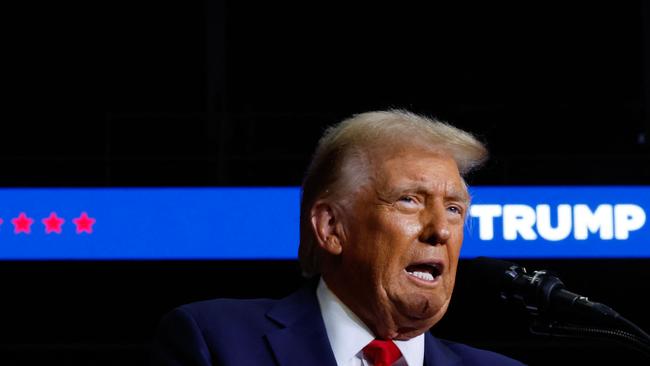
NAB’s retail banking arm saw earnings fall almost 20 per cent on the year as margins were squeezed on intense mortgage competition.
Irvine took charge of NAB in April, taking over after the retirement of Ross McEwan, the CEO who had largely stabilised the bank following its shock from the banking royal commission.
While the global trade outlook is uncertain, Irvine says the message for any business customer is around diversification.
“Diversification is your friend, and diversified businesses that aren’t reliant on one particular market or economy have much less risk,” he says. “Australian business over the last four or five years have learned that lesson.”
Tech spend
Irvine offered a little more insight into where he is planning to take NAB. As an internal succession – Irvine was running business banking for the past three years – the settings are largely the same.
Essentially, the focus on business, agribusiness and private banking remains core. But retail banking is in for a boost, with NAB looking to see more through its own network rather than relying on mortgage brokers.
Irvine wants to lift the bar for NAB around winning over customers and drive leadership in technology, while continuing McEwan’s relentless drive to simplify processes.
He has already set out the challenge for NAB to become the most customer-centric company in Australia, that is to deliver consistently good experiences for all customers in the moments that matter – getting a home loan, funding a business, opening a term deposit.
However, he concedes this will not be a quick fix.
In terms of net promoter score, “we are number one in high net worth and mass affluent, and equal number one in large corporate and institutional,” he says.
“However, we are now ranked third in mass consumer, and this is simply not good enough.”
Irvine is also “deeply disappointed” to be ranked fourth in his core market of business banking.
To get there, Irvine is increasing his investment in technology to simplify processes, build out AI and improve tools for staff to simplify the customer experience. There is more investment in frontline business bankers to come.
McEwan had a rule of thumb that the bank couldn’t spend more than $1.4bn on a year on technology. Anything beyond that would be a waste.
But Irvine is confident of testing that barrier, declaring he can improve the quality of the investment spend, which he expects to now lift to $1.8bn next year. As part of this, NAB has opened tech hubs in low-cost countries Vietnam and India, with its own staff based there to work on tech projects.
Irvine says “good companies invest in their franchise”, but he also intends to keep driving productivity hard.
Chemist kings
Back in June, the competition regulator spelled out five areas of concern with the planned tie-up between pharma distributor and retailer Sigma and sector juggernaut Chemist Warehouse. The two points the ACCC put at the top of the list of issues of the planned $28bn merger was that the deal had the potential to raise barriers to entry by significantly altering the competitive dynamics in the industry.
The other was the deal – essentially a reverse buyout – could substantially lessen competition in pharmacy retailing, given it would eliminate a competitive constraint between two of the biggest players in the market and one of the biggest distributors.
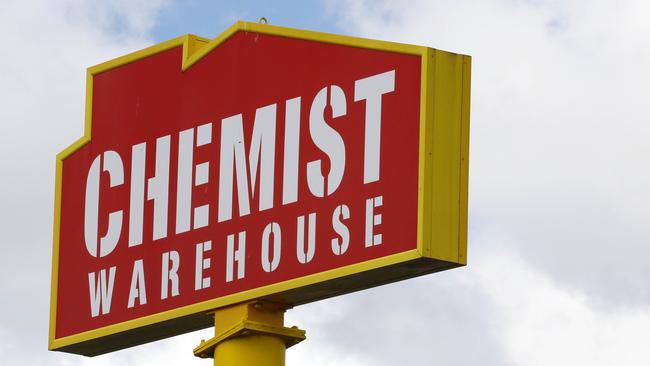
The ACCC’s approval of the blockbuster deal, with relatively light conditions, is a win for big box retailing and eases the regulatory pressure ever so slightly on supermarkets, which have faced persistent calls for a breakout of retailing and distribution.
Since the ACCC’s initial findings in June, the political environment has become even harsher for the major retailers, with hardware chain Bunnings now in the crosshairs for those calling for more regulation over big hardware. The ACCC plans to publish its reasons in due course.
The focus is now on the way forward for Sigma-Chemist Warehouse, including a shareholder vote. The post-merger entity’s market cap will be just short of Woolworths’ $36bn, although Chemist Warehouse has all the growth behind it. For measure, it will be bigger than Coles’s $23bn.
Angus Aitken of Sydney’s Aitken Mount Capital Partners recalls recommending Sigma for years when it was priced at 50c-60c a share. “It went sideways, and even value funds got bored waiting around,” Aitken says. “Nobody cared about the property on balance sheet, nobody cared about the capex sunk to have the most modern distribution centres, it was like we were broking the most boring stock on the planet.
“Then the Chemist Warehouse deal happens and the same people who wouldn’t take a meeting at 50c were buying it at $2 – how good is the stockmarket?”
More Coverage
Originally published as Why Andrew Irvine's NAB is most at risk from the rise of Donald Trump




